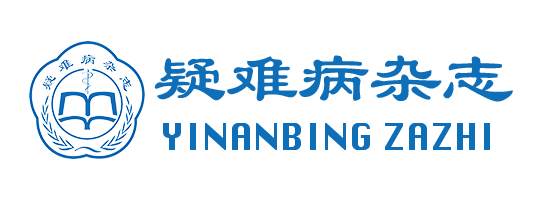-
 Research progress of dental pulp stem cell transplantation for the treatment of spinal cord injury
Research progress of dental pulp stem cell transplantation for the treatment of spinal cord injury
Author:Sun Yunkai Tao Yun Xie Hongru Zhang Qin
keyword:Spinal cord injury ; Dental pulp stem cells ; Stem cell transplantation ; Scaffold for tissue engineering ; Exosomes
Spinal cord injury(SCI) is a prevalent and serious neurological disorder that usually results in motor and sensory dysfunction below the plane of injury, placing a heavy burden on patients and the healthcare system. Currently, due to the lack of clarity in the study of the pathophysiological mechanisms of SCI and the difficulty in repairing and regenerating damaged neural tissues, the effectiveness of conventional treatment options for recovery after spinal cord injury is very limited. In recent years, stem cell therapy has attracted widespread attention as a promising therapeutic avenue. Dental pulp stem cells(DPSCs) are an ideal cell source for SCI repair due to their easy accessibility, ease of minimally invasive extraction, and strong neurogenic differentiation ability. It has been shown that DPSCs can differentiate into neural cells to promote SCI repair in animal models. The article provides an overview of DPSCs and the mechanism of action of DPSCs in the treatment of SCI,and focuses on a series of promising therapeutic modalities such as stem cell injection, combined tissue engineering scaffold transplantation, and combined exosome therapy in the repair of SCI, with the aim of providing a theoretical basis for the clinical treatment of SCI.
-
 Research progress on the PI3K/Akt signaling pathway in acute respiratory distress syndrome
Research progress on the PI3K/Akt signaling pathway in acute respiratory distress syndrome
Author:Liang Yejin Zhong Jinmei Cen Xiaohong Jiang Yujie
keyword:Acute respiratory distress syndrome ; Phosphatidylinositol 3-kinase/serine/threonine protein kinase signaling pathway ; Mechanism
Acute respiratory distress syndrome(ARDS)is a severe respiratory system syndrome characterized by diffuse inflammatory responses in the lungs, leading to alveolar-capillary membrane damage, persistent hypoxemia, and respiratory failure. Phosphatidylinositol 3-kinase(PI3K) and serine/threonine protein kinase(Akt) form one of the crucial intracellular signaling pathways, the PI3K/Akt signaling pathway. This pathway plays a pivotal role in regulating various biological processes, including cell growth, proliferation, survival, metabolism, and immune regulation. It can alleviate inflammatory responses and oxidative stress, thereby reducing lung injury. An increasing number of studies have found that this pathway plays a significant role in the pathogenesis and progression of ARDS. This study aims to explore the role of the PI3K/Akt signaling pathway in the pathogenesis of ARDS,providing new therapeutic directions and strategies for its clinical treatment.
-
 Application status and research progress of artificial liver support system in senile failure
Application status and research progress of artificial liver support system in senile failure
Author:Tian Chunyan Zhao Xueke Mu Mao
keyword:Liver failure ; Artificial liver support system ; Application status ; Elderly
Liver failure(LF) in the elderly is a difficult problem to be solved in clinic due to the physiological characteristics of the elderly and various chronic underlying diseases, such as low liver reserve function, heart and lung insufficiency, etc., with various clinical manifestations and dangerous prognosis. In the face of the limited therapeutic effect of medical drugs, the severe contradiction between the supply and demand of Liver transplantation and the high surgical cost, Artificial liver support system(ALSS) has occupied a leading position in the current LF treatment field, and has become one of the indispensable clinical treatment means. This study reviewed the application status and research progress of artificial liver in elderly patients with functional failure, in order to provide certain reference value for clinical decision-making in elderly patients with LF.

 Research progress of dental pulp stem cell transplantation for the treatment of spinal cord injury
Research progress of dental pulp stem cell transplantation for the treatment of spinal cord injury
 Research progress on the PI3K/Akt signaling pathway in acute respiratory distress syndrome
Research progress on the PI3K/Akt signaling pathway in acute respiratory distress syndrome
 Application status and research progress of artificial liver support system in senile failure
Application status and research progress of artificial liver support system in senile failure